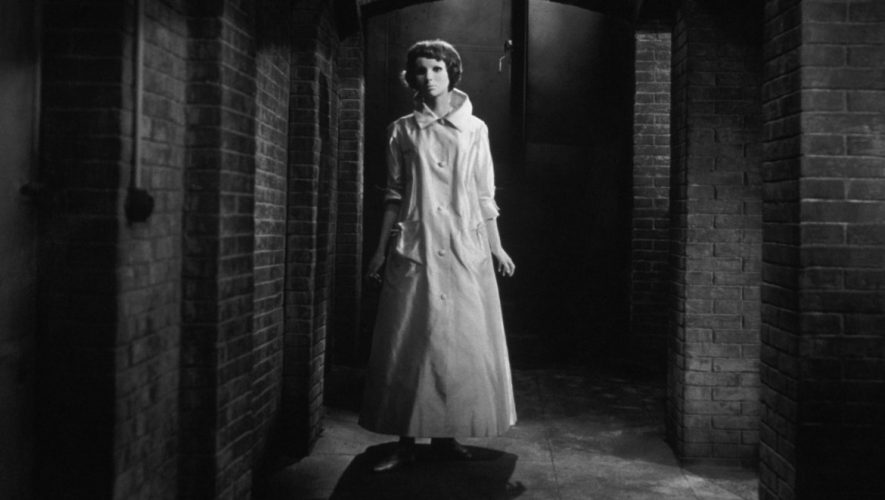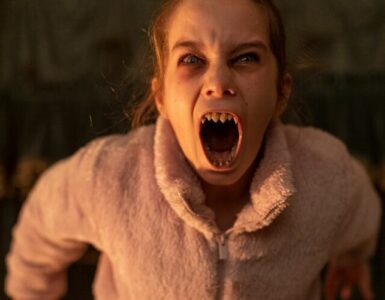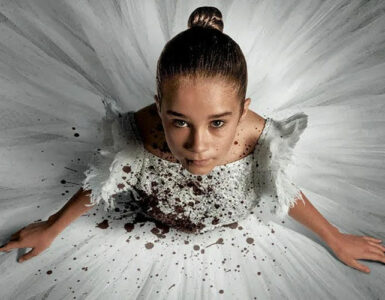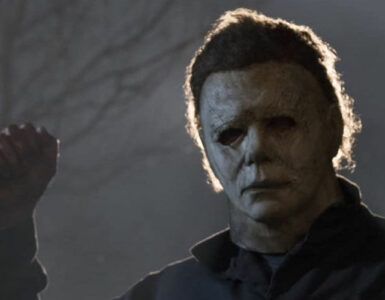Horror Films. They come with a reputation. They are usually trashy, cheaply made and rarely get on the critics good side. Don’t get me wrong, the horror movie genre is a fantastic one with classics such as Friday the 13th, A Nightmare on Elm Street, The Thing, Hellraiser and of course Halloween to name a few.
For those looking for a more cinematic and thoughtful horror experience, a film, rather than a ‘movie’ the Criterion Collection has you covered.
The Criterion Collection is a video-distribution company which specializes in licensing “important classic and contemporary films” and selling them to high brow geeks like me. With Halloween approaching I thought it apt to select five of the best horror films Criterion have released so far.
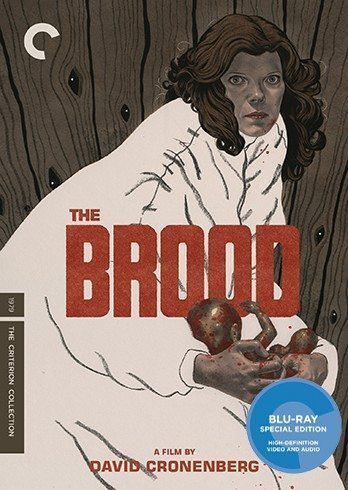
The Brood
A disturbed woman is receiving a radical form of psychotherapy at a remote, mysterious institute. Meanwhile, her five-year-old daughter, under the care of her estranged husband, is being terrorized by a group of demonic beings. How these two story lines connect is the shocking and grotesque secret of this bloody tale of monstrous parenthood from David Cronenberg, starring Oliver Reed and Samantha Eggar. With its combination of psychological and body horror, The Brood laid the groundwork for many of the director’s films to come, but it stands on its own as a personal, singularly scary vision.
Criterion Essay: Separation Trials by Carrie Rickey

Eyes Without a Face
At his secluded chateau in the French countryside, a brilliant, obsessive doctor (Pierre Brasseur) attempts a radical plastic surgery to restore the beauty of his daughter’s disfigured countenance—at a horrifying price. Eyes Without a Face, directed by the supremely talented Georges Franju, is rare in horror cinema for its odd mixture of the ghastly and the lyrical, and it has been a major influence on the genre in the decades since its release. There are images here—of terror, of gore, of inexplicable beauty—that once seen are never forgotten.
Criterion Essay: The Unreal Reality by David Kalat

Don’t Look Now
Donald Sutherland and Julie Christie mesmerize as a married couple on an extended trip to Venice following a family tragedy. While in that elegantly decaying city, they have a series of inexplicable, terrifying, and increasingly dangerous experiences. A masterpiece from Nicolas Roeg, Don’t Look Now, adapted from a story by Daphne du Maurier, is a brilliantly disturbing tale of the supernatural, as renowned for its innovative editing and haunting cinematography as its naturalistic eroticism and unforgettable climax and denouement, one of the great endings in horror history.
Criterion Essay: Seeing Red by David Thompson
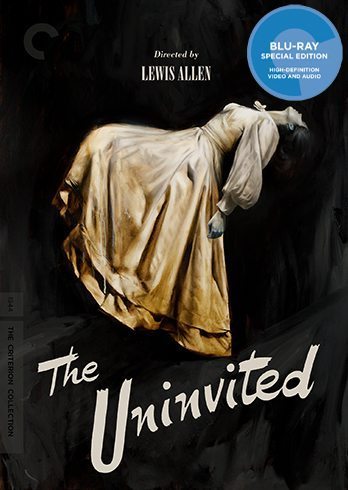
The Uninvited
A pair of siblings from London (Ray Milland and Ruth Hussey) purchase a surprisingly affordable, lonely cliff-top house in Cornwall, only to discover that it actually carries a ghostly price—and soon they’re caught up in a bizarre romantic triangle from beyond the grave. Rich in atmosphere, The Uninvited, directed by Lewis Allen, was ground breaking for the seriousness with which it treated the haunted-house genre, and it remains an elegant and eerie experience, featuring a classic score by Victor Young. A tragic family past, a mysteriously locked room, cold chills, bumps in the night—this gothic Hollywood classic has it all.
Criterion Essay: Spirits by Starlight by Farran Smith Nehme
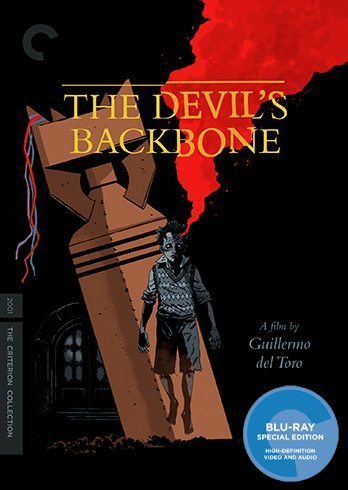
The Devil’s Backbone
One of the most personal films by Guillermo del Toro, The Devil’s Backbone is also among his most frightening and emotionally layered. Set during the final week of the Spanish Civil War, it tells the tale of a twelve-year-old boy who, after his freedom-fighting father is killed, is sent to a haunted rural orphanage full of terrible secrets. Del Toro expertly combines gothic ghost story, murder mystery, and historical melodrama in a stylish mélange that, like his later Pan’s Labyrinth, reminds us the scariest monsters are often the human ones.
Criterion Essay: The Past is Never Dead by Mark Kermode
Dirty8 can usually be found watching Criterion Collection blu-ray’s at most points of the day or playing Battlefield 1. Sometimes both at the same time. He has a psychotic love for first person shooters, alcohol and cats. Meow! The only RPG’s he likes are the ones in Battlefield. He won’t admit it, but he’s an trophy whore and secretly wanted to be a member of the Beastie Boys.

